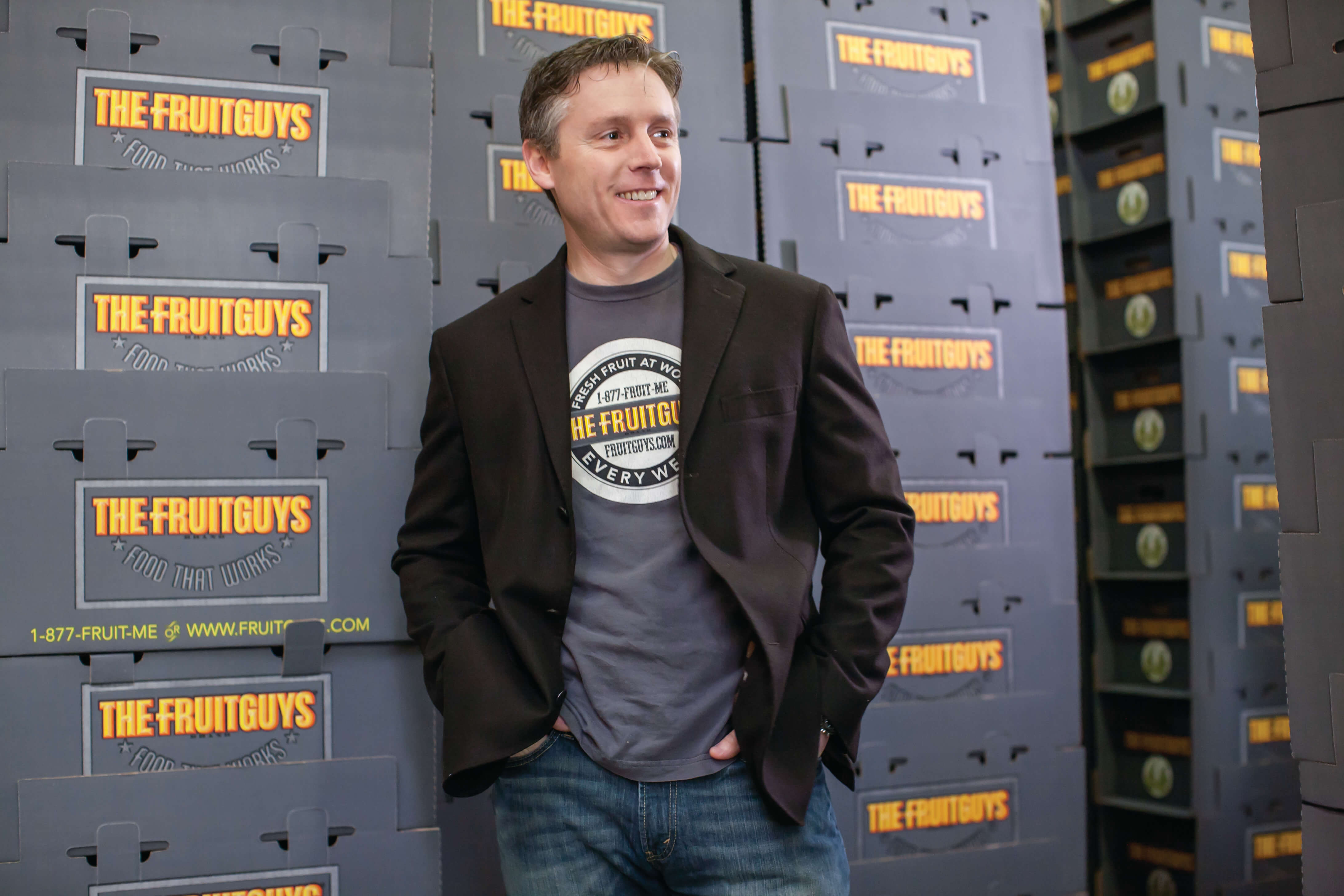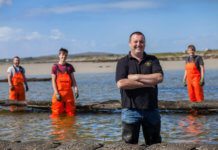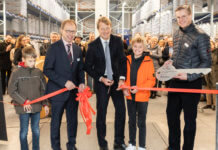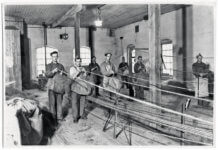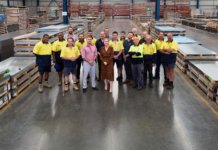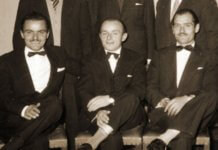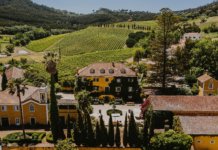While most entrepreneurs find success filling a demand, Chris Mittelstaedt created one. Over the last two decades, he has grown The FruitGuys, turning office fruit delivery into a national phenomenon. Developed in part to improve the unhealthy routines of dot-com office workers, The FruitGuys pioneered quick and efficient access to better alternatives in a culture subsistent on caffeine, chocolate and soda.
Before the crash, Mittelstaedt’s delivery service thrived: some of the first ripples in a larger trend towards healthy eating. As part of the dot-com ecosystem, however, The FruitGuys was subject to catastrophe when the bubble burst. The business survived, but not unscathed. Mittelstaedt was faced with the challenge of downsizing.
His defensive strategy paid off, however, and when the dust settled, The FruitGuys rebounded with the added resiliency of a considerably larger and more diverse customer base.
After 20 years of tenacity, creativity and perseverance, The FruitGuys have earned the favour of thousands of businesses across the United States.
We had the opportunity to sit down with Chris Mittelstaedt, founder and CEO of The FruitGuys, to discuss origins, both sides of cyclical economics and the future of his family business.

“…Businesses must contribute to the sustainability of other like-minded entrepreneurs and the economy as a whole. Capitalism is often defined by who you destroy. We define it by who you help lift up.”
What inspired you to pursue office fruit delivery as an entrepreneurial opportunity?
In 1997, I had just married my wife, Pia, and after taking a temporary job in business services delivering faxes at the Fairmont Hotel, Pia discovered that she was pregnant with our first child. I knew it was time to do something more meaningful in my professional life.
I called a friend who was pushing a coffee cart in Downtown San Francisco and asked if he knew of any similar entrepreneurial opportunities. This was during the first dot-com wave when everyone was working hard, drinking gallons of coffee and not taking the time to eat properly. He suggested something healthy for office workers, so I started a small fresh fruit delivery business.
In our tiny apartment, Pia, my friend and I packaged fruit into handmade wooden crates and stencilled The FruitGuys logo as well as my home telephone number on the side. We made our first delivery in February of 1998 to workers at the Embarcadero Center. The business grew steadily from there.
What challenges did you face in scaling the business?
My first business partner exited shortly after we began. So, I was running the business by myself while, at the same time, helping my wife care for our newborn son. I was working from midnight until 5 pm every day; I was exhausted.
We had yet to raise any operating capital and our survival was week-to-week. The lack of resources meant we couldn’t afford a truck. Instead, I rented a U-Haul by the day hoping to conclude all of my deliveries before I needed to return it. It was tough; the business wasn’t making any money for the first couple of years.
In the third year, however, we grew rapidly. Sales shot through the roof thanks to the dot-com community, including companies like eBay. I got ahead of myself and secured a bank loan to purchase five expensive refrigerated trucks for deliveries.
Six months later, the dot-com bubble burst, and we lost 50 per cent of our accounts. I had to lay off half of my staff and was having difficulty keeping up with the payments for the new trucks I had just bought.
Pia, despite the adversity, was remarkably supportive. Deep interpersonal relationships, as well as the trust and support that define them, are one of the advantages of family business.
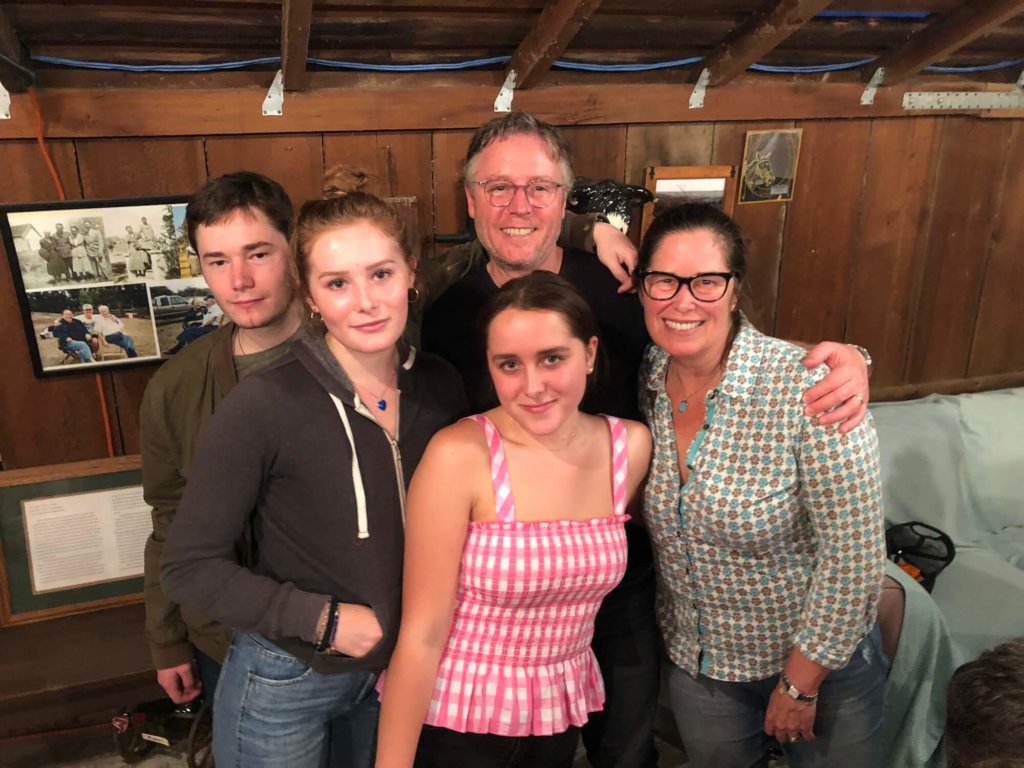
Before long, we were getting inquiries from across the country. Former dot-com employees had moved to various regions and couldn’t find a service quite like ours. We started shipping fruit across the country and gained a national reputation.
The catastrophe of the crash taught us lessons about resiliency and sowed the seeds of our later success.
“Without the autonomy of private ownership, we wouldn’t be able to make these decisions.”
Did you engage the help of outside capital to expand nationally?
No – we’ve never raised outside capital for the business because we’ve always wanted to set our own agenda. We’re highly motivated when it comes to living our values through charity, and we’re passionate about seeing the world changed for the better.
Our company will always support small, independent agriculture in the United States, and we buy from local farms to service our sales within that region.
I’m deeply concerned about the consolidation of agriculture by big business. Independent agriculture is a viable option for people living in and contributing to a particular community; it supports robust food systems and a healthy country.
To give back to our communities and support responsible food practices, we donate produce that doesn’t meet visual inspection standards to organisations that feed the hungry across the United States. We give away millions of servings of fruit a year – it’s part of our mission as a business to bring about this positive change.
Without the autonomy of private ownership, we wouldn’t be able to make these decisions.
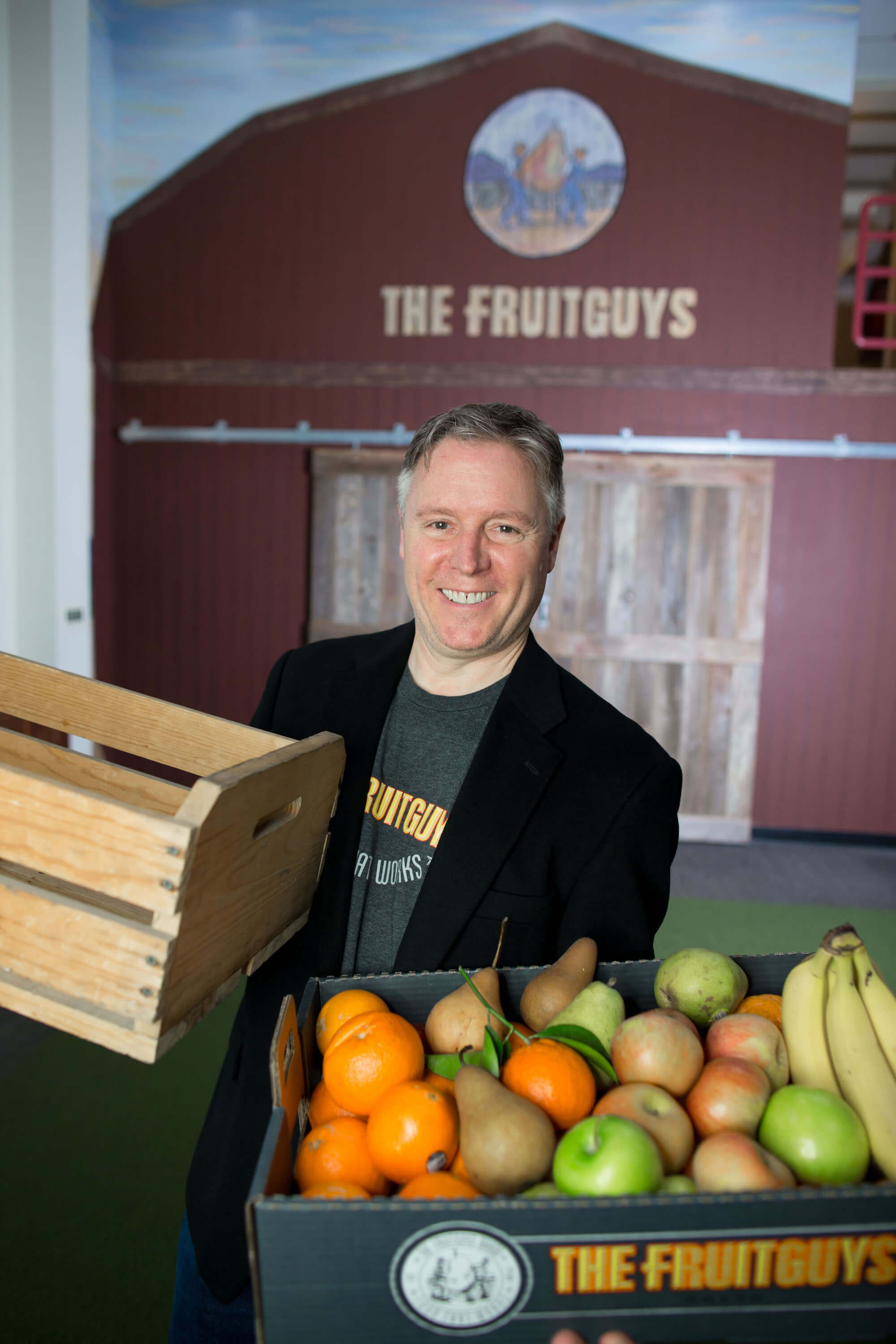
Do you think decentralised offices and the trend of working from home could disrupt your business model?
It’s possible, and it is something we’ve discussed. However, I don’t think offices are going to disappear completely. The format might change, but there’s always going to be a place where people gather to communicate and share ideas in person.
We aim to grow business relationships and help companies with distributed workforces to create an office-based culture using food. Seeing fruit in the break room communicates positivity in the work environment, which in turn promotes unity.
“Our management group is value-oriented – many of our conversations revolve around maintaining our competitive advantage in a changing world while continuing to live our values.”
[ms-protect-content id=”4069,4129″]
What is the future of family involvement in TheFruitGuys?
I want my kids to make their own decisions about what they want for their future. However, if they’re interested in becoming involved with the family business, they will have to go through the same process and channels that anyone else would.
Applying pressure on or coercing family members to join the business is bad practice. I want them to be engaged with the world and pursue opportunities they are excited about.
So far, our experience as a family has given them some perspective on this. They understand the inconsistency and fragility of our business. They saw what we went through during the recession and understand how hard and stressful it can be. They have a realistic sense of what it takes to make a business work.
My wife still works as a journalist, but she participates in special projects with our business, such as the school program we developed to serve low-income schools.
I also have two other partners, Eric and Erin. Eric is a friend who has been involved in the business since 2001. Erin, my sister, is our COO, helping us grow our operations on the East Coast.
Our management group is value-oriented – many of our conversations revolve around maintaining our competitive advantage in a changing world while continuing to live our values.
What goals do you have for the future of The FruitGuys?
Business sustainability is a priority. We need to mirror the transformation we see in the world to stay relevant.
From a technical standpoint, we are successful, profitable and continuously growing. That said, The FruitGuys will never be a ‘completed’ project, and I’ve come to appreciate its boundlessness. The FruitGuys is a canvas upon which I can add to and experiment with to hone our competitive edge.
Ensuring business sustainability goes beyond the scope of The FruitGuys; businesses must contribute to the sustainability of other like-minded entrepreneurs and the economy as a whole. Capitalism is often defined by who you destroy. We define it by who you help lift up.
[/ms-protect-content]


